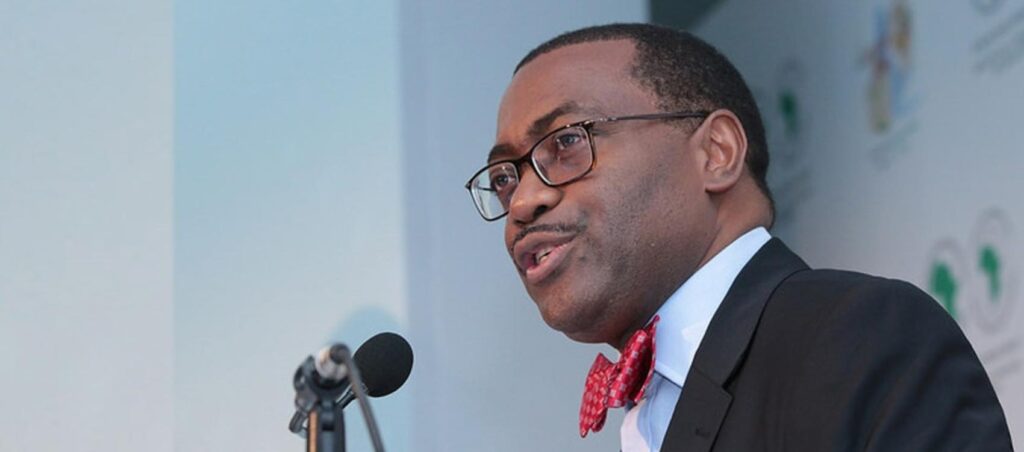Challenges of Non-Transparent Loans: AfDB President Addresses Africa’s Economic Growth

During the Semafor Africa Summit, held on the sidelines of the 2024 Spring Meetings of the International Monetary Fund and World Bank, Akinwumi Adesina, President of the African Development Bank (AfDB), highlighted the detrimental effects of non-transparent resource-backed loans on Africa’s economic progress. Adesina emphasized that such loans, which lack transparency and complicate debt resolution processes, are hindering the continent’s potential for future growth.
According to a statement released by the AfDB, Adesina pointed out the challenges arising from Africa’s increasing external debt, which stood at $824 billion in 2021. He noted that African countries are allocating a significant portion of their GDP, approximately 65 percent, to service these debts. Adesina expressed concern over the substantial rise in debt service payments, reaching $74 billion in the current year compared to $17 billion in 2010.
Acknowledging the fiscal strains exacerbated by the COVID-19 pandemic, infrastructure demands, and escalating inflation rates, Adesina underscored the imperative of addressing structural issues within Africa’s debt landscape. He highlighted the transition from concessional financing to more costly and short-term commercial debt, with Eurobond debt constituting 44 percent of Africa’s total debt, a substantial increase from previous levels of 14-17 percent.
Adesina criticized the ‘Africa premium’ imposed on countries accessing capital markets, despite data indicating lower default rates in Africa compared to other regions. He urged for a change in risk perception to alleviate borrowing costs for African nations.
Referencing a recent report from the World Bank Group, which encouraged investors to reconsider opportunities in emerging markets, Adesina stressed the rarity of defaults among sovereign borrowers. He advocated for the swift implementation of the G20 Common Framework to establish an orderly and predictable approach to managing Africa’s debt.
Adesina highlighted the role of the African Development Fund in providing concessional financing to low-income countries, offering long-term funding at favorable interest rates. He discussed various instruments and initiatives employed by the AfDB to mitigate project risks and attract institutional investors, including partial credit guarantees and synthetic securitization.
Looking forward, Adesina expressed optimism regarding investment prospects in Africa, particularly in renewable energy sectors, given the continent’s abundant solar resources. He emphasized the Africa Investment Forum as a platform for facilitating large-scale investments in critical sectors like infrastructure and digital technology.
Concluding his remarks, Adesina reiterated Africa’s appeal as an investment destination and affirmed the AfDB’s commitment to fostering an enabling environment for investment growth.
The session at the Semafor Summit, titled “Rising Global Middle Class: Is Rising Developing Nation Debt a Blessing or a Curse?”, convened various stakeholders to discuss the escalating debt burdens faced by developing nations amidst rising borrowing costs. Notable participants included Xavier Becerra, U.S. Secretary of Health and Human Services; Raj Shah, President of the Rockefeller Foundation; Andrew Steer, President and CEO of the Bezos Earth Fund; and Brent Neiman, Assistant Secretary for International Finance at the U.S. Treasury.




